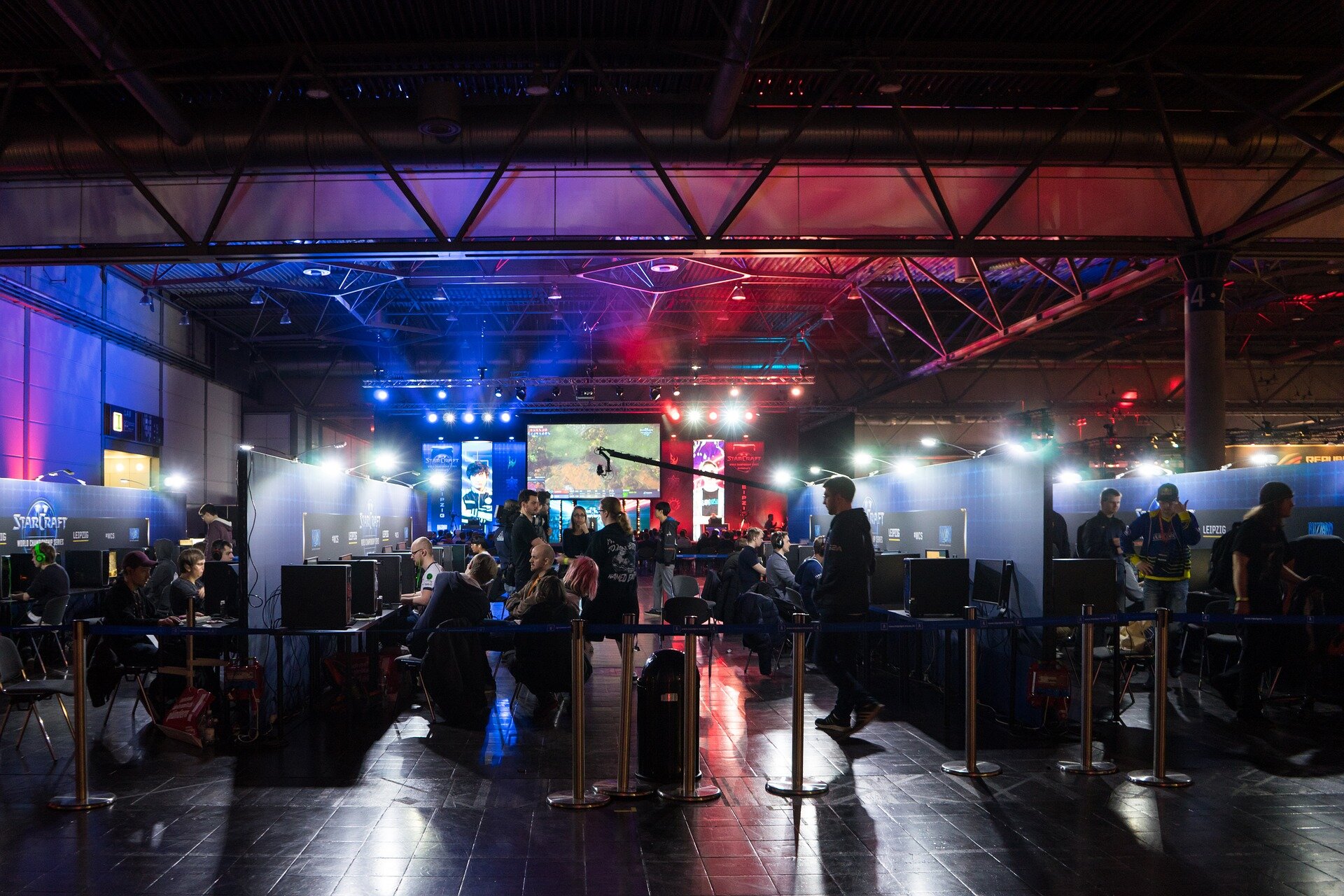× Close
A recent study conducted by the University of Chichester sheds light on the pressures experienced by top-tier esports gamers and the subsequent impact on their performance.
The global esports field continues to thrive, experiencing a resurgence following the pandemic with the organization of numerous online and in-person tournaments, solidifying its position as a multibillion-dollar industry. Facing a vast international audience can pose significant challenges for professional esports players, as explored in this study.
This research, a joint effort between the Institute of Psychology, Business, and Human Sciences and the Institute of Applied Sciences at the University of Chichester, along with the University of Bath, delves into these complexities.
Prominent esports competitors such as Johan Sundstein (N0tail) and Jesse Vainikka (JerAx) have opportunities to make millions during their careers. However, the high stakes of competition including expectations from viewers, leaderboards, and team dynamics can greatly influence the perception of cognitive and physical anxiety symptoms.
This latest research expands on previous work related to stress and performance conducted at the University of Chichester from 2019 to 2023. The study explores how stressful situations can affect the performance of national and university level esports players across numerous areas.
This study also supplies vital insights that can help coaches, sports psychologists, and researchers assist esports competitors in enhancing their performance under crucial circumstances.
This research, led by the study’s main author and lecturer in Cognitive Psychology, Dr. Benjamin T. Sharpe, was published in the Sports, Exercise, and Performance Psychology journal. The 2023 study consists of two experiments that delve into the effects of psychological pressure on cognitive anxiety, appraisals of challenges and threats, gaze behavior, and performance in esports among national and university-level competitors.
Dr. Phil Birch, senior lecturer in Sport and Exercise Psychology adds, “Capitalizing on our prior research, this study utilizes subjective and objective psychophysiological measures of stress to refine our comprehension of pressure’s impact on esports performance. Our research is particularly pertinent given the central theme for the upcoming European Congress of Sport and Exercise Psychology (FEPSAC) which is the effect of pressure on performance.”
For more info:
Benjamin T. Sharpe et al, Breakdown in esports performance under pressure, Sport, Exercise, and Performance Psychology (2023). DOI: 10.1037/spy0000337
This information is courtesy of University of Chichester.
